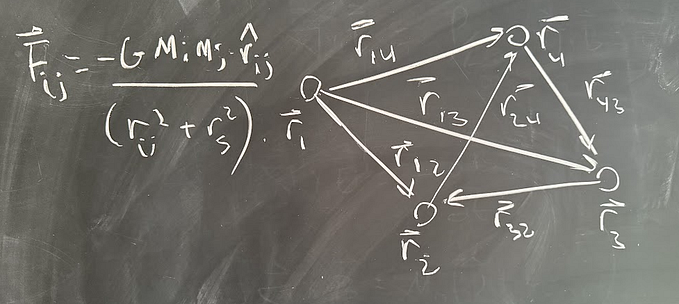Mathematics and Ethics: Exploring the Ethical Dimensions of Mathematical Practice and Decision-Making
Mathematics, often considered a neutral and objective discipline, plays a crucial role in various fields, from science and technology to economics and social sciences. However, the assumption of mathematical objectivity can sometimes obscure ethical considerations inherent in mathematical practice and decision-making. This article aims to shed light on the ethical dimensions of mathematics and the importance of considering them in the pursuit of responsible and just outcomes.
Mathematics is not merely a set of abstract concepts and formulas; it is a tool used by individuals and institutions to analyze, model, and make decisions that impact society. One ethical consideration in mathematical practice is the potential for bias. Mathematical models are often built on data, and if the data used is biased, the outcomes and decisions derived from these models can perpetuate or amplify existing inequalities.
Considerations about fairness and equity become essential when mathematical models are applied in areas such as finance, criminal justice, or education. For example, predictive policing algorithms and credit scoring models have been criticized for perpetuating racial and socioeconomic biases present in the data used to train them. Ethical mathematicians must be vigilant in identifying and mitigating these biases to ensure the responsible application of their work.
Ethical considerations extend to the transparency of mathematical models and the accountability of those who create and use them. In many instances, mathematical models are complex and difficult for non-experts to understand. This lack of transparency can lead to a lack of accountability when decisions based on these models affect individuals and communities.
Mathematicians must strive for transparency in their work, making the assumptions, methodologies, and limitations of their models clear to all stakeholders. Additionally, there is a responsibility to engage with the broader community and seek input from diverse perspectives, ensuring that the impact of mathematical decisions is thoroughly examined and understood.
Ethics in mathematics also involves social responsibility — the recognition that mathematical decisions can have wide-ranging effects on society. Mathematicians need to consider the potential consequences of their work and actively engage in discussions about the broader implications.
For instance, in the development of algorithms for automated decision-making, such as in hiring processes or loan approvals, ethical mathematicians must weigh the potential benefits against the risks of reinforcing systemic biases. This involves an ongoing commitment to reassessing and improving models to align with societal values and goals.
In conclusion, mathematics, far from being immune to ethical considerations, relies heavily on mathematicians to guarantee its contribution to positive societal outcomes. By tackling bias, advocating transparency, and embracing social responsibility, mathematicians actively contribute to the construction of a fairer and more equitable world. Ethical considerations serve not as limitations but as navigational beacons, steering decision-making towards robust, fair, and responsible outcomes. As the mathematical community progresses, prioritizing ethical considerations remains paramount.
For this and similar content, visit gurkanozsoy.com.






